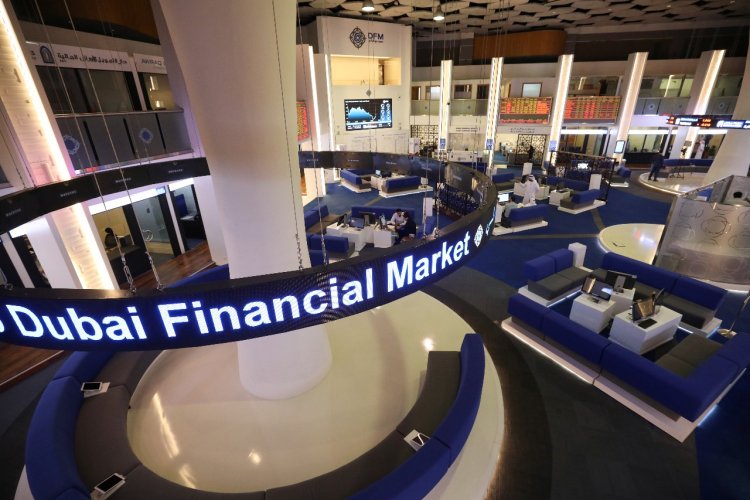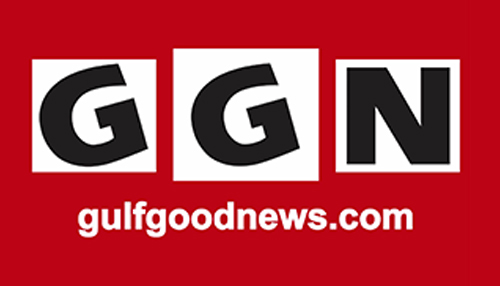Most Gulf Markets End Lower Amid US Rate Cut Uncertainty

Most Gulf stock markets closed lower on Sunday, weighed down by renewed uncertainty over the U.S. Federal Reserve’s next move on interest rates. Lingering doubts about whether the Fed will deliver another rate cut before the end of the year have dampened investor sentiment across the region.
The U.S. central bank held interest rates steady on Wednesday, but hawkish remarks from Chair Jerome Powell have led markets to reassess expectations. According to the CME FedWatch Tool, traders now see a 63% chance of a 25-basis-point cut in December, a sharp drop from 92% just a week ago.
Federal Reserve Bank of Cleveland President Beth Hammack added to the cautious tone on Friday, saying she had opposed a rate reduction, further clouding hopes for imminent easing. Since most Gulf currencies are pegged to the U.S. dollar, any delay in Fed policy adjustments directly influences liquidity and investment flows in regional markets.
Saudi Arabia Leads Losses
Saudi Arabia’s benchmark index (.TASI) fell 1%, pressured by declines in major stocks. Al Rajhi Bank (1120.SE) slipped 2.5%, while oil giant Saudi Aramco (2222.SE) retreated 1%, dragging the broader market lower. Energy-related stocks also faced mild pressure amid subdued global oil prices and investor caution.
Qatar Market Slips on Petrochemical and Banking Weakness
In Qatar, the Qatar Exchange Index (QSI) edged down 0.2%, with key stocks posting modest declines. Industries Qatar (IQCD.QA) dropped 0.5%, while Qatar Islamic Bank (QISB.QA) eased 0.3%. Shares of Mesaieed Petrochemical Holding (MPHC.QA) fell 1.8%, following a weaker-than-expected nine-month net profit report.
Egypt’s Blue-Chip Stocks Also Retreat
Outside the Gulf, Egypt’s EGX30 index (.EGX30) slipped 0.5%, weighed down by banking and financial shares. The country’s largest lender, Commercial International Bank (COMI.CA), lost 1.4%, leading declines on the Cairo bourse.
Broader Market Outlook
Analysts say regional equities are likely to remain under pressure in the short term as investors await more clarity on the Fed’s December meeting. “Gulf markets are reacting not only to global monetary cues but also to fluctuating oil prices and corporate earnings trends,” one Dubai-based trader noted.
Despite the cautious sentiment, some investors expect renewed buying interest later in the month if U.S. inflation data shows signs of easing, potentially reviving hopes for a rate cut before year-end.
The Reuters Gulf Currents newsletter continues to track the latest developments in geopolitics, energy, and finance across the Middle East.























